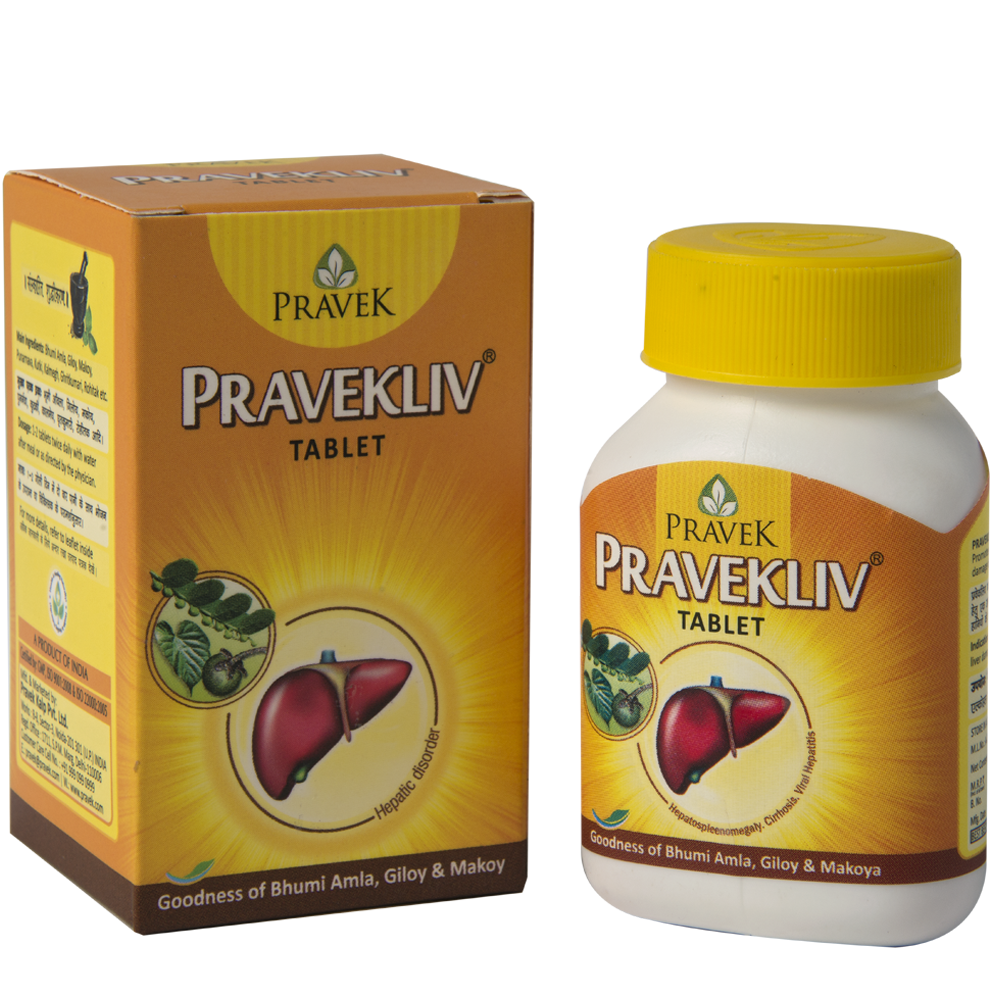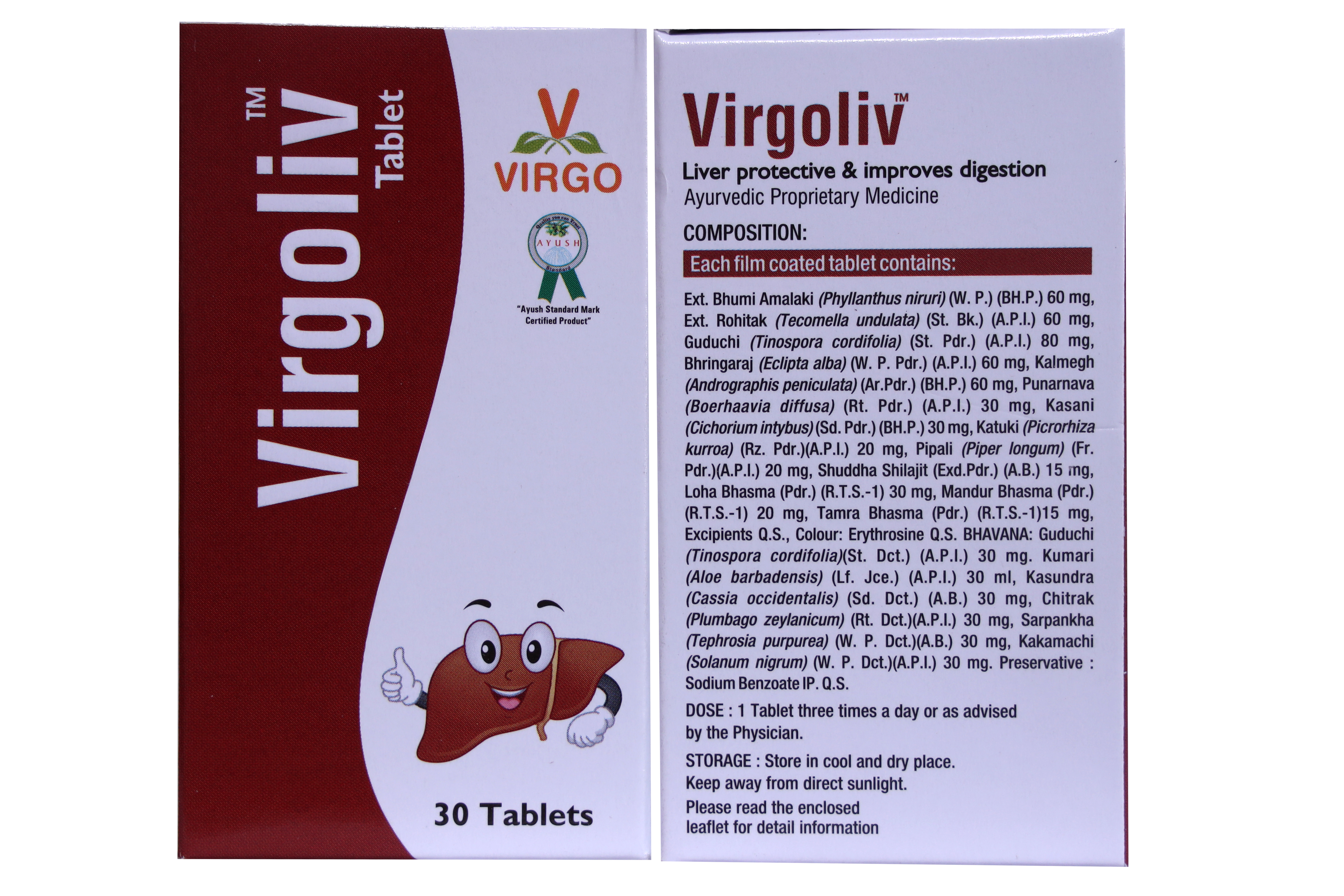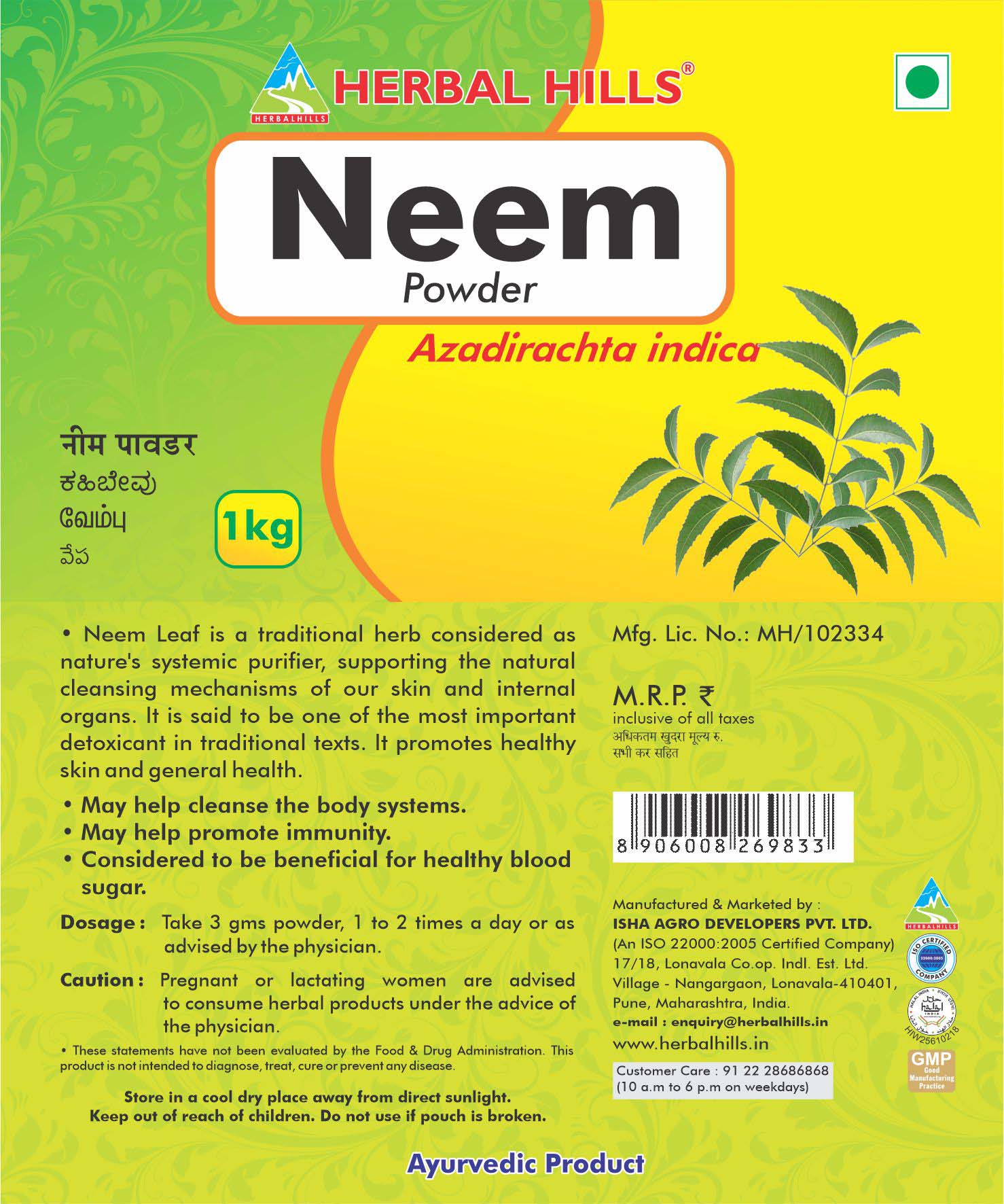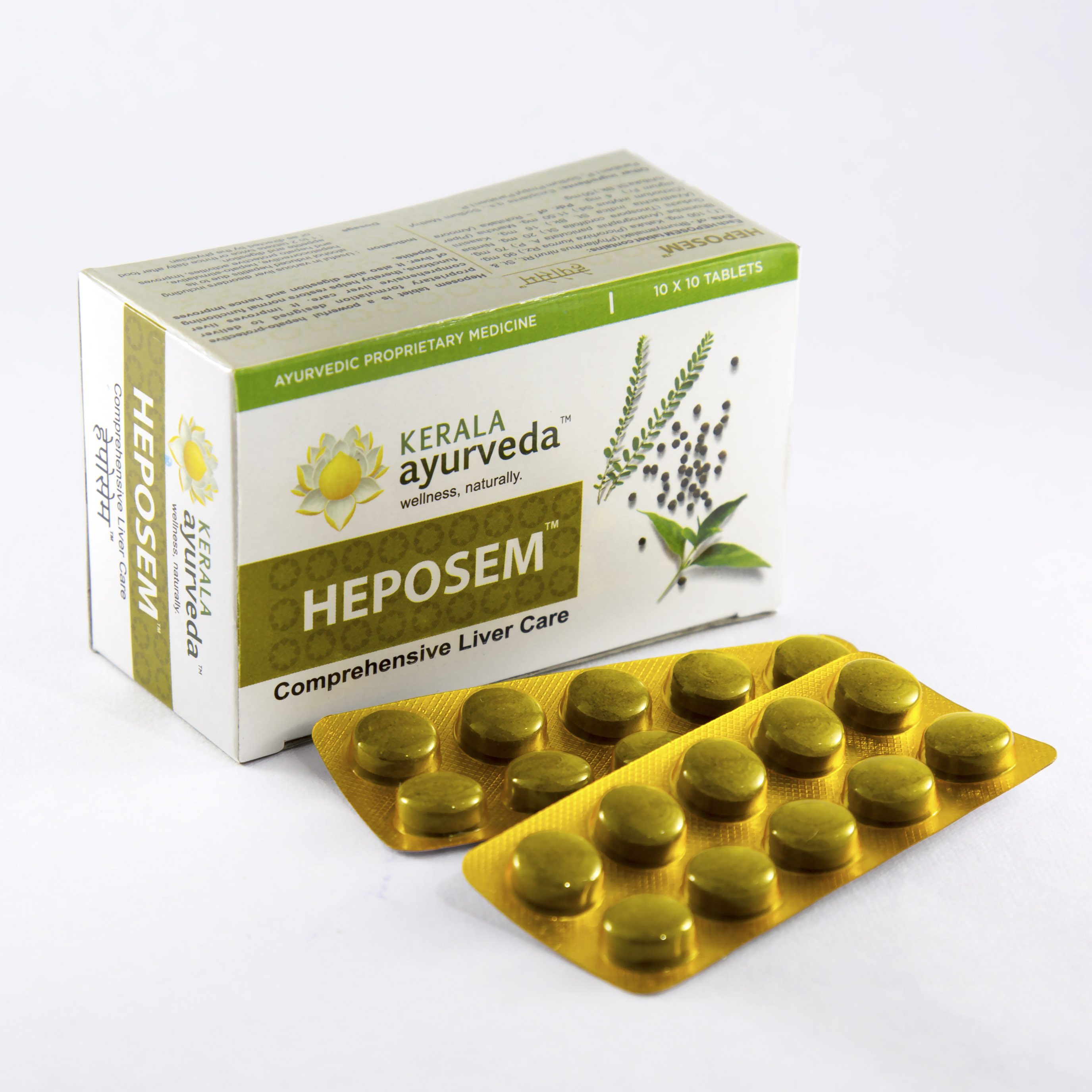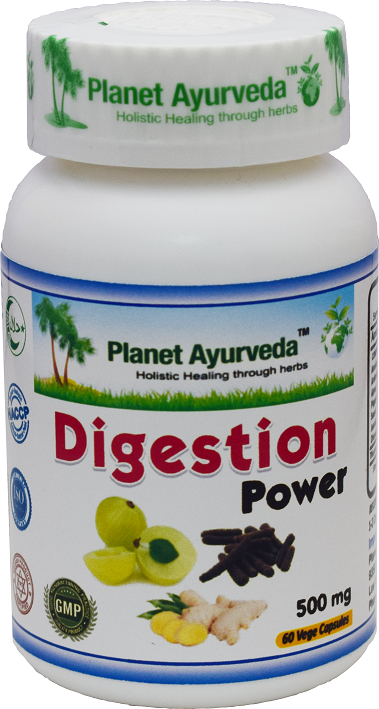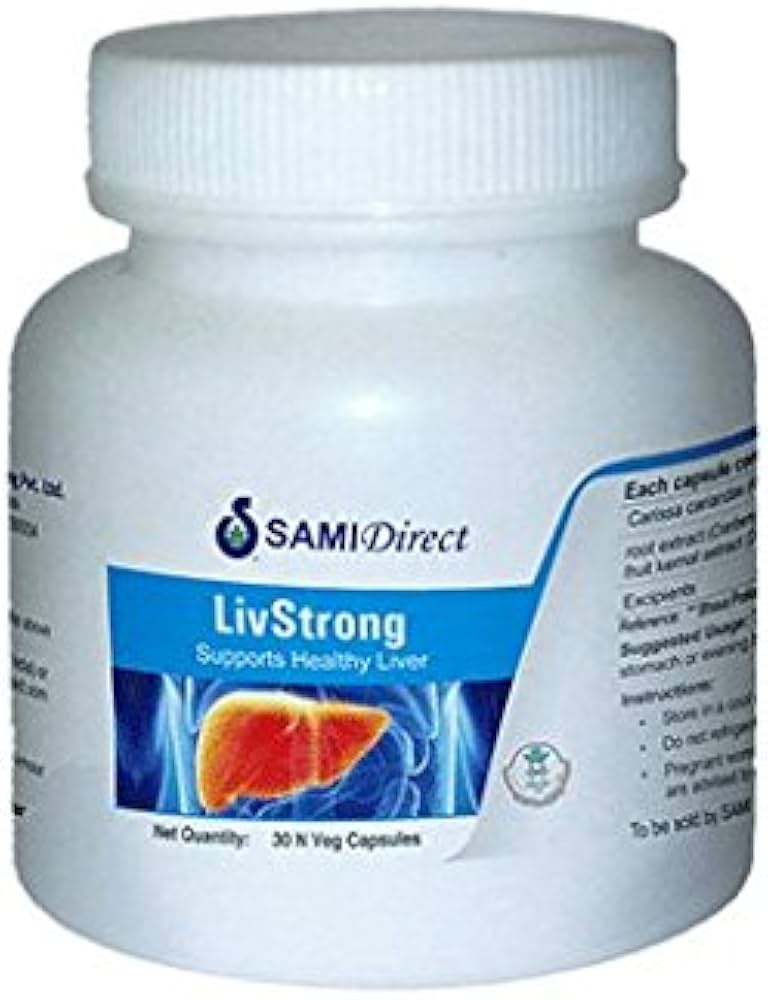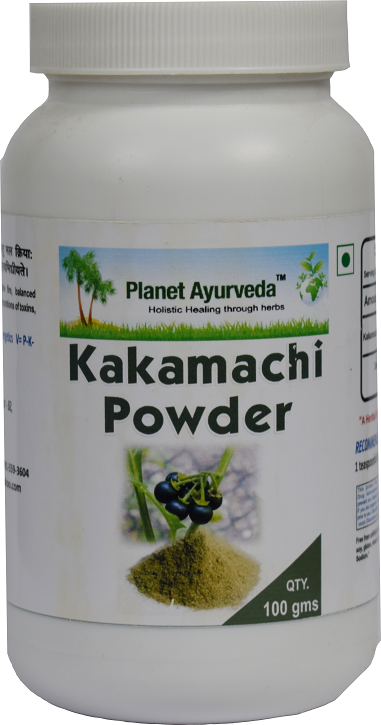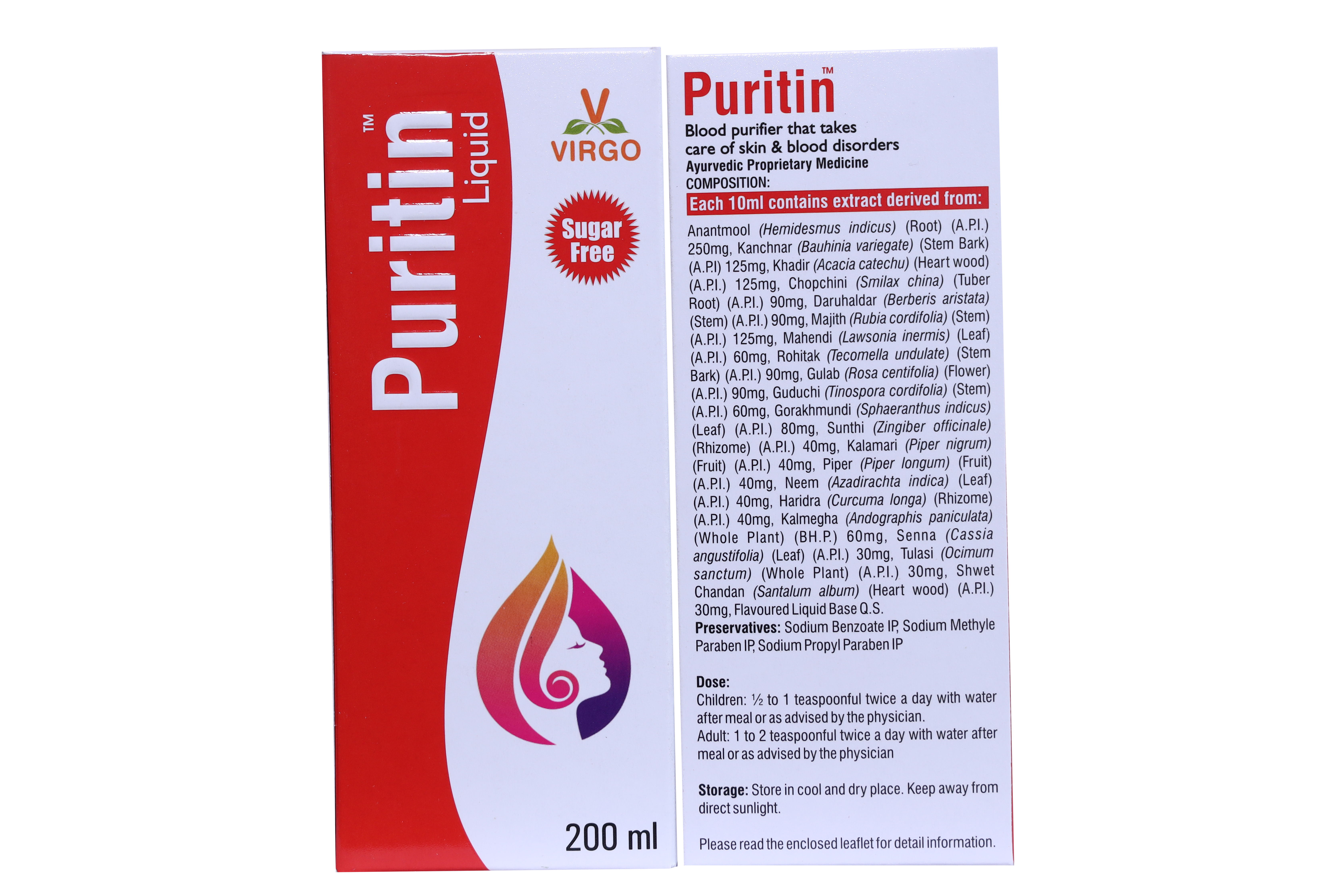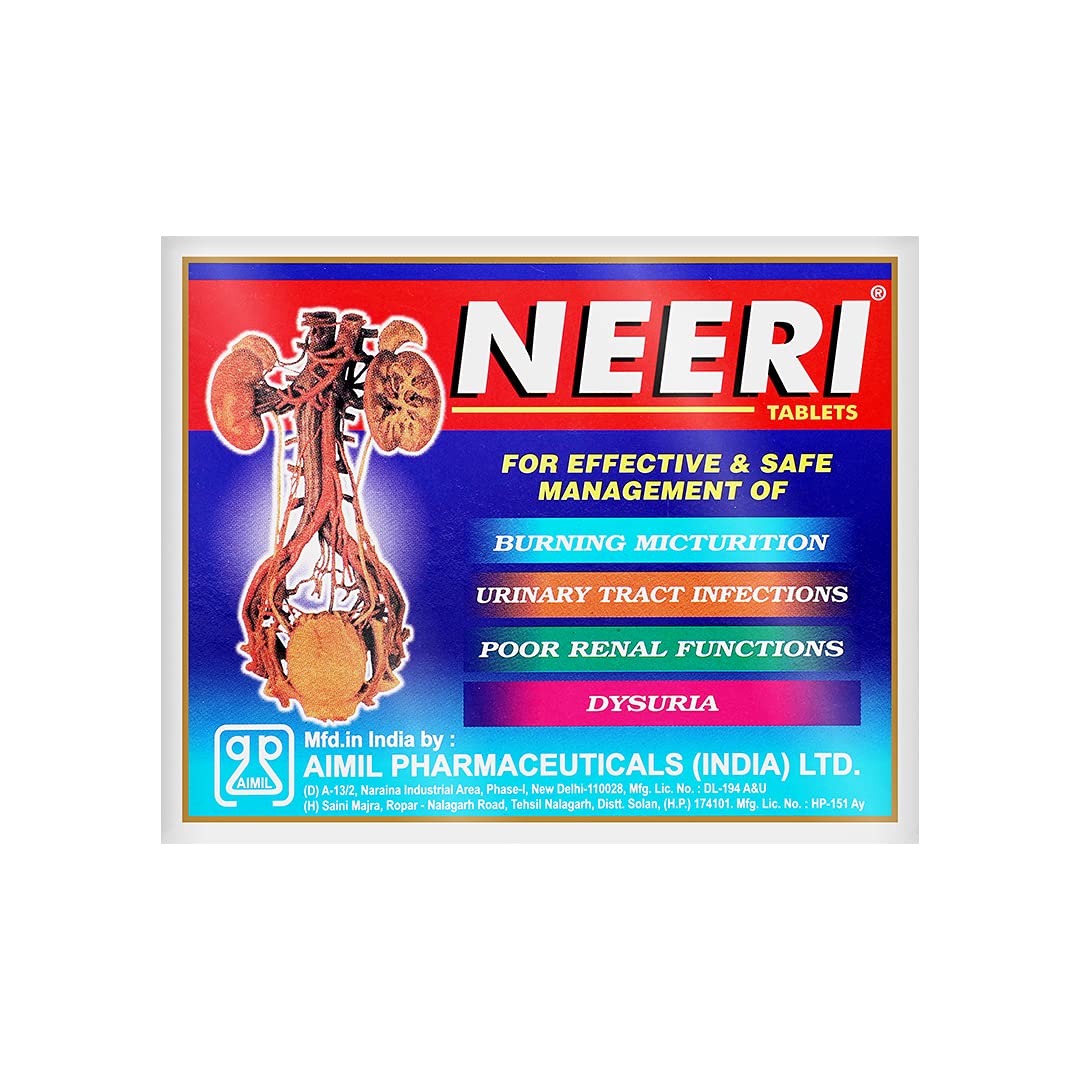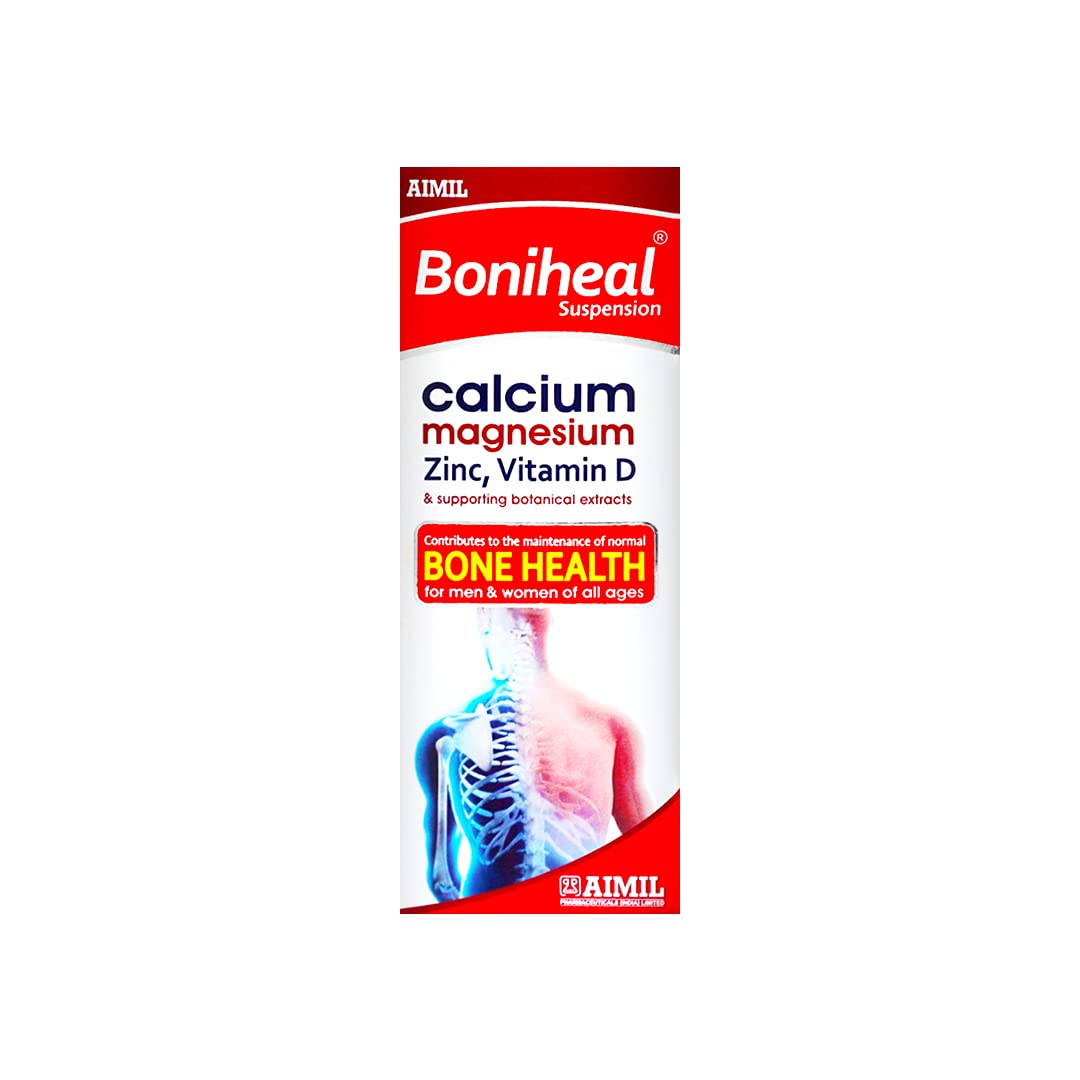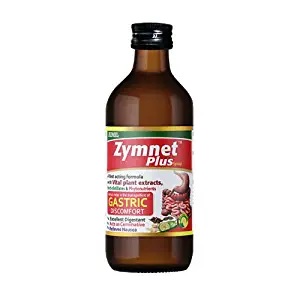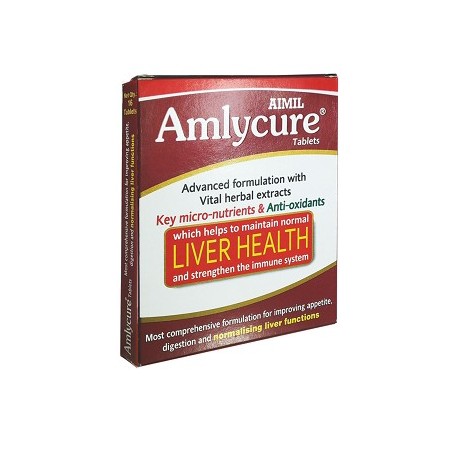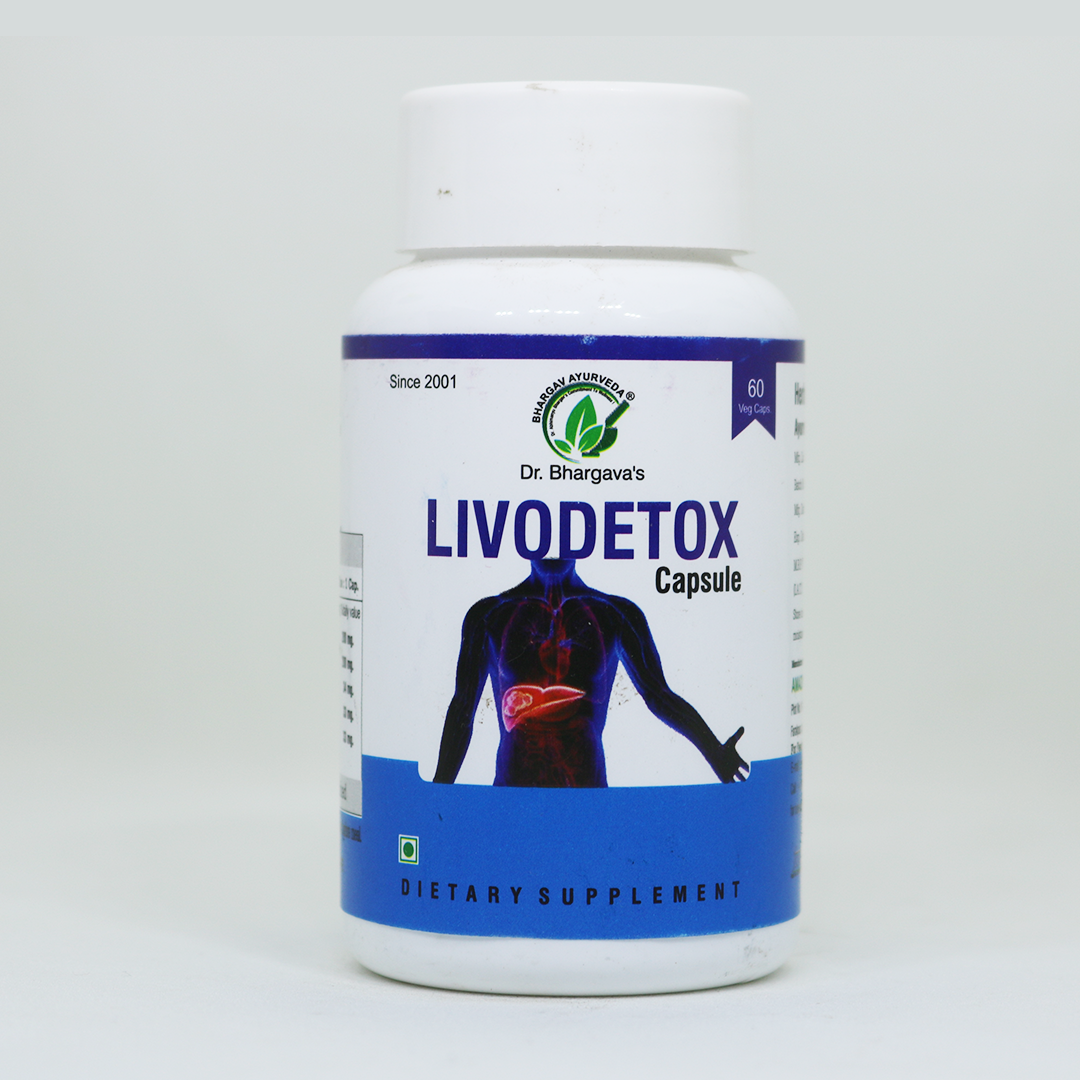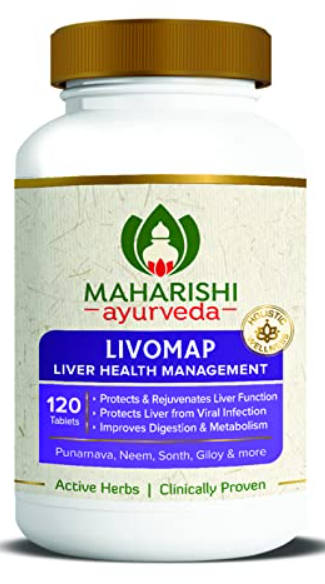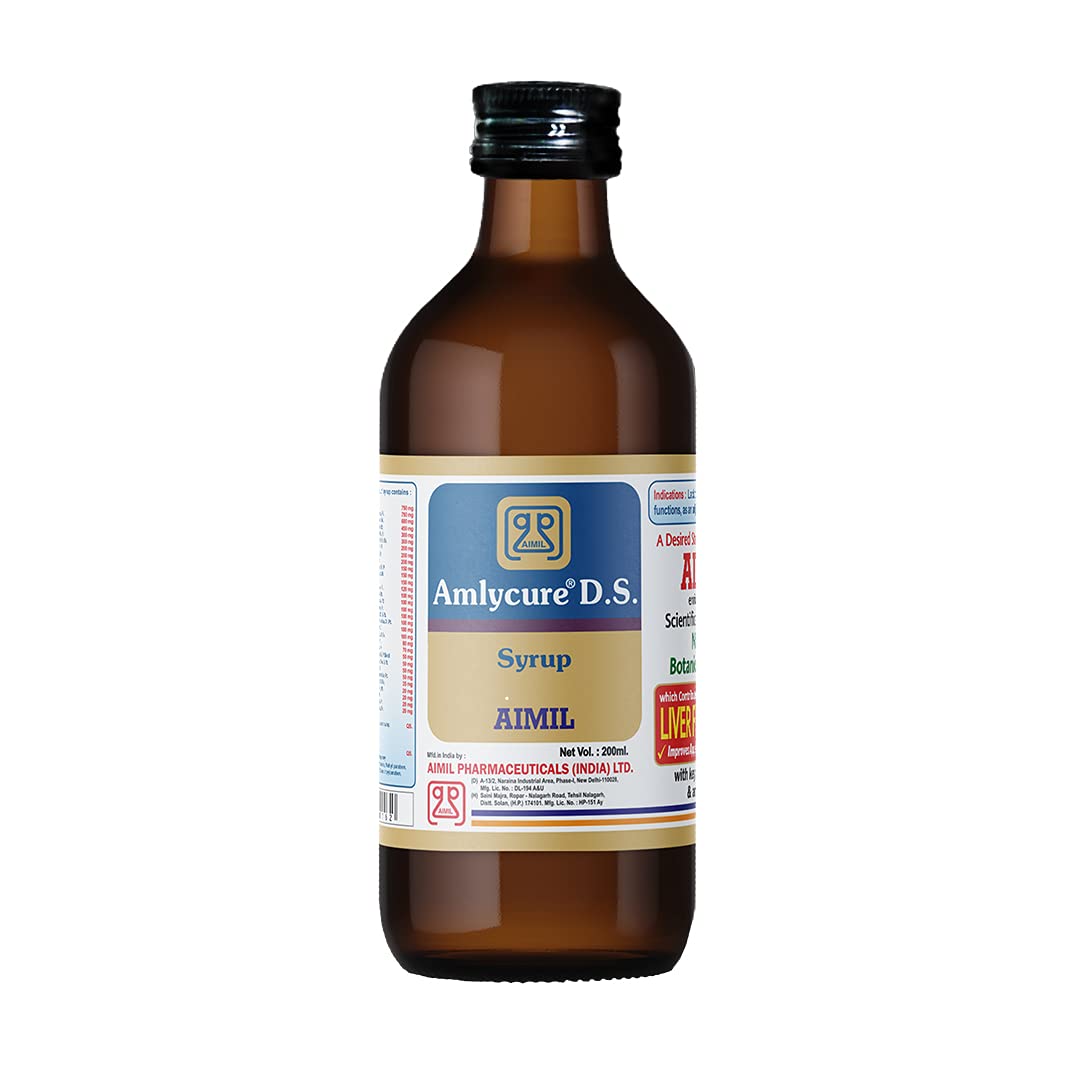
Aimil Amlycure D.S Syrup
Expected Delivery time 2-5 days
AMLYCURE D.S. Capsules
HOW AMLYCURE D.S. BENEFICIAL ?
• AMLYCURE D.S. Works as liver corrective in conditions like
- Elevated level of billirubin (jaundice)
- Enlarged liver
- Pre-cirrhotic condition
- Altered lipid metabolism including fatty infilteration
• AMLYCURE D.S. works as liver protective in conditions like
- Alcoholism
- Against intoxication caused by the anti-tubercular and anti-cancerous drugs.
- Against intoxication drugs like anti-microbial, sex hormones, chemicals etc.
- Against long term drug intoxication
• AMLYCURE D.S. provides the supportive role to
- Help retard progression of hepatitis B virus (HBV surface antigen).
- Help activate bile formulation to add fat digestion particularly in post cholecystectomy (after removal of gall bladder).
- Add digestion, improve appetite and strengthen assimilation and anabolism.
INDICATIONS
- Lack of Appetite
- Hyperbilirubinaemia
- Viral hepatitis (Acute & chronic)
Hepatotoxicity induced by
1. Hepatotoxic drugs e.g. ATT
2. Alcohol or as directed by the Physician.
Ingredients:
BHUIAMLA (Phyllanthus niruri)
Phyllanthus niruri has a long history of use in herbal system in almost all parts of world. It is used internally for jaundice, gall stone, anemia and in various liver disorders.
Hepatic fatty changes were found to be absent in the subjects treated with Alcohol & Bhuiamla (P. niruri) and there was a complete reversal of abnormal liver function tests. Its suggests that alcohol induced liver cell damage can be completely abolished by simultaneous administration of root extract of P. niruri.
HARITAKI (Terminalia chebula)
Haritaki (Terminalia chebula) A scientific study demonstrated anti-viral activity against Duck Hepatitis B virus during a four week treatment period measuring serum DHBV DNA (Duck hepatitis B virus DNA) levels and DHBV DNA Polymerase activity as anti-viral indicators. During four week treatment, decrease in serum DHBV DNA levels were clearly paralleled by inhibition of DHBV DNA polymerase.
YASHTIMADHU (Glycyrrhiza glabra)
Glycyrrhizin, a major component of Yashtimadhu (Glycyrrhiza glabra) has been used for the treatment of chronic hepatitis B. It improves liver function with complete recovery from hepatitis. It is a supplement of interferon for the treatment of patients with chronic hepatitis B and has also been used to treat non responders to interferon therapy. The interaction between hepatocytes & lymphocytes may be altered in such a way due to glycyrrhizin that there is no rebound of transaminases after interferon therapy. Enhancement of interferon-r production in glycyrrhizin treated Human Peripheral Lymphocytes in response to Concanavalin A & to surface antigen of hepatitis B virus, indicates the function of glycyrrhizin as a biological response modifier. RNA & protein synthesis of treated lymphocytes was increased compared to control cells.
BHRINGRAJ (Eclipta alba)
The hepato-protective effect of Bhringraj (Eclipta alba) has been studied at subcellular levels in experimental subjects. The study shows that hepato- protective activity of E.alba is by counteracting the inhibition of hepatic microsomal drug metabolising enzymes. The effect of Eclipta alba on hepatic microsomal drug metabolising enzymes indicate that pretreatment with Eclipta alba counter acts the CCl4 induced inhibition of amidopyrine N-demethylase activity, thus showing its hepatoprotective effect by regulating the levels of drug metabolising enzymes. Bhringraj ameliorated bezoyl peroxide induced lipid peroxidation, increased generation of hydrogen peroxide and depleted glutathione levels.
MOOLI SWARAS (Raphanus sativus)
Mooli swaras (Raphanus sativus) has been found to exert choleretic lipotropic, detoxyfying, anti-oxidant, anti-bacterial and immunomodulatory effect when liver is under stressed while fighting against infections especially viral infections. It was found to be beneficial normalising LFT parameters, Jaundice & in digestive distrubances.
It exerts anti-cholestatic action, improves digestion, absorption & assimilation.
GILOE (Tinospora cordifolia)
Studies show that cholestasis results in immuno supression and therefore, indicates the need for an immunomodulator in the management of obstructive jaundice and many other liver disorders. In animal model of cholestasis, depression of activity of polymorphonuclear cells and peritoneal macrophages was observed to precede and predispose to infections and increased susceptibility to E. coli infection. Disturbance was detected in their serum, responsible for depressing the function of phagocytic cells. Giloe (Tinospora cordifolia) extract following development of cholestasis, improved the cellular immune functions, reducing the mortality rate following E. coli infections from 77.78% to 16.67%, augmented the killing activity of PMN Cells & corrected serum parameters.
Therapy with giloe (T cordifolia) has been shown to prevent fibrous tissue deposition in post insult period. This appears to be due to its macrophage activating property, which opposed any suppressant influences on kupffer cells.
TULSI (Ocimum sanctum)
Tulsi (Ocimum sanctum) showed anti-inflammatory activity against all the four phlogistic agents (viz. carageenin, serotonin, histamin and PGE2) induced inflammation. It blocked both the pathways i.e. cyclooxygenase and lipoxygenase of arachidonic acid metabolism. It may be inferred that (Ocimum sanctum) may be a useful anti-inflammatory agent.
Pre-treatment with Tulsi (Ocimum sanctum) checks the radiation induced depletion (approx. 30-60% of control) of glutathione (GSH) & anti-oxidant enzymes viz.glutathione transferase (GST), reductase (GSRx)), peroxidase (GSPx) and superoxide dismutase (SOD) and maintained there levels within or above the control range. Due to there initial significantly higher availability, also reduce the lipid peroxidation, thereby significantly protecting DNA & membrane from free radical damage. Pre-treatment with Tulsi increase the ability to cope-up with free radicals produced by radiation making them more radio resistant with faster recovery in liver cells.
CAPSULES - 1-2 caps. twice or thrice a day
Available in Single and Pack of 02 options.

